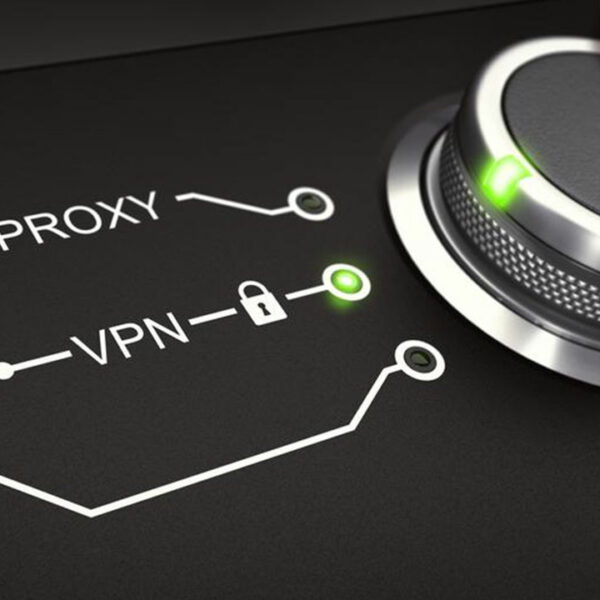4 things to consider before buying a VPN server
A virtual private network (VPN) is a secure pathway between two or more computers. These networks protect private web traffic from getting hacked and falling into the wrong hands.
In other words, a private network protects your data from prying eyes. SSL VPN stands for Secure Sockets Layer Virtual Private Network and can be used in a standard web browser. While a traditional Internet Protocol Security (IPsec) requires users to install specialized client software on their computer, an SSL VPN does not require the user to do so.

Here are four criteria that you must use to compare VPN products that you are considering for the security of your office.
- VPN client software options
SSL VPN client software can be clientless (meaning it requires no software installation), a browser plug-in, standalone or a mobile app for smartphones and tablets. There is no ‘best’ client approach, and you should evaluate all options in order to choose the best VPN server for your organization. - VPN client OS support
Standalone and mobile app based VPN products need installation of full-fledged software, as compared to VPNs that are clientless or browser plug-ins. Therefore, for common versions of operating systems, consider using heavy clients like standalone and app formats, and for less common versions, a light client would be appropriate. - Network access control
The most important criterion for comparison is support for network access control. SSL VPN set-ups require checking the characteristics of the client device to ensure that they comply with the organization’s security policies. Before purchasing the software for your organization, be sure to understand the extent to which your vendor provides support for network access control. - Vulnerability
Cheap VPN services are vulnerable to security breaches, also known as man-in-the-middle attacks. In such an attack, the attacker intercepts user traffic to acquire sensitive information and credentials. The information is then used by the attacker to access the network. To avoid these cyber-attacks, your software provider must incorporate security measures like authentication certificates and Secure/Multipurpose Internet Mail Extensions (S/MIME).
In the end, there is no best VPN when it comes to security, but you can always conduct a detailed comparison to find the solution that is most compatible with your organization.





